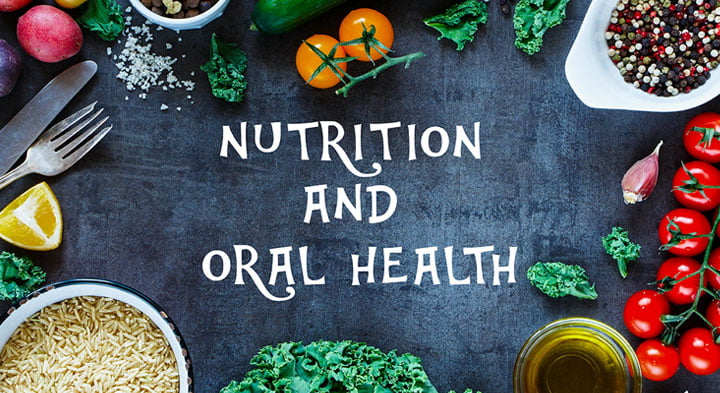Table of Contents
Proper nutrition & oral health means eating a well-balanced diet so that your body can get the nutrients needed for good health and wellness. This may contribute to periodontal disease, a major cause of tooth loss in adults.
If your diet is low in the nutrients your body needs, your mouth may have a more difficult time resisting infection.
East Side Dental Tweet
Diet for Children
If you’re caring for children, a balanced diet along with good oral hygiene habits will help them develop strong, decay-resistant teeth. Pay particular attention to calcium, phosphorous and proper levels of fluoride. When bacteria come into contact with food in the mouth, acid is produced that attacks the teeth. This can eventually lead to tooth decay.
A poor diet can lead to gum disease and tooth decay. Foods high in carbohydrates, sugars and starches greatly contribute to the production of plaque acids that attack the tooth enamel. Eventually, these acids can cause tooth enamel to break down, forming a cavity.
If you do eat foods high in sugar or starch, try to eat them during meals, rather than between meals, and avoid any foods that stick to your teeth. Saliva production rises during meals, which can help rinse food and acids from the mouth.
Oral Health
Keeping teeth healthy, whether your own or your children’s, depends on several factors. You should floss once a day, brush your teeth twice a day, and see your dentist regularly, and follow a healthy diet. Foods high in sugar are a particularly common cause of tooth decay. They should be treats as opposed to staples in your diet.
To maintain a balanced diet, eat a variety of foods. Try to eat from each of the five major food groups and limit the number of snacks you eat.
Get in touch with us at Eastside Dental (member OF ADA)
If your gums do hurt or bleed while brushing or flossing, or you are experiencing persistent bad breath, come and meet us. Any of these conditions may indicate a problem. Besides, at Eastside Dental, we start with a thorough dental checkup. This also includes your general health, dietary habits and tooth cleaning schedule. We can help you learn good oral hygiene techniques and point out areas of your mouth that may require extra attention during brushing and flossing.
